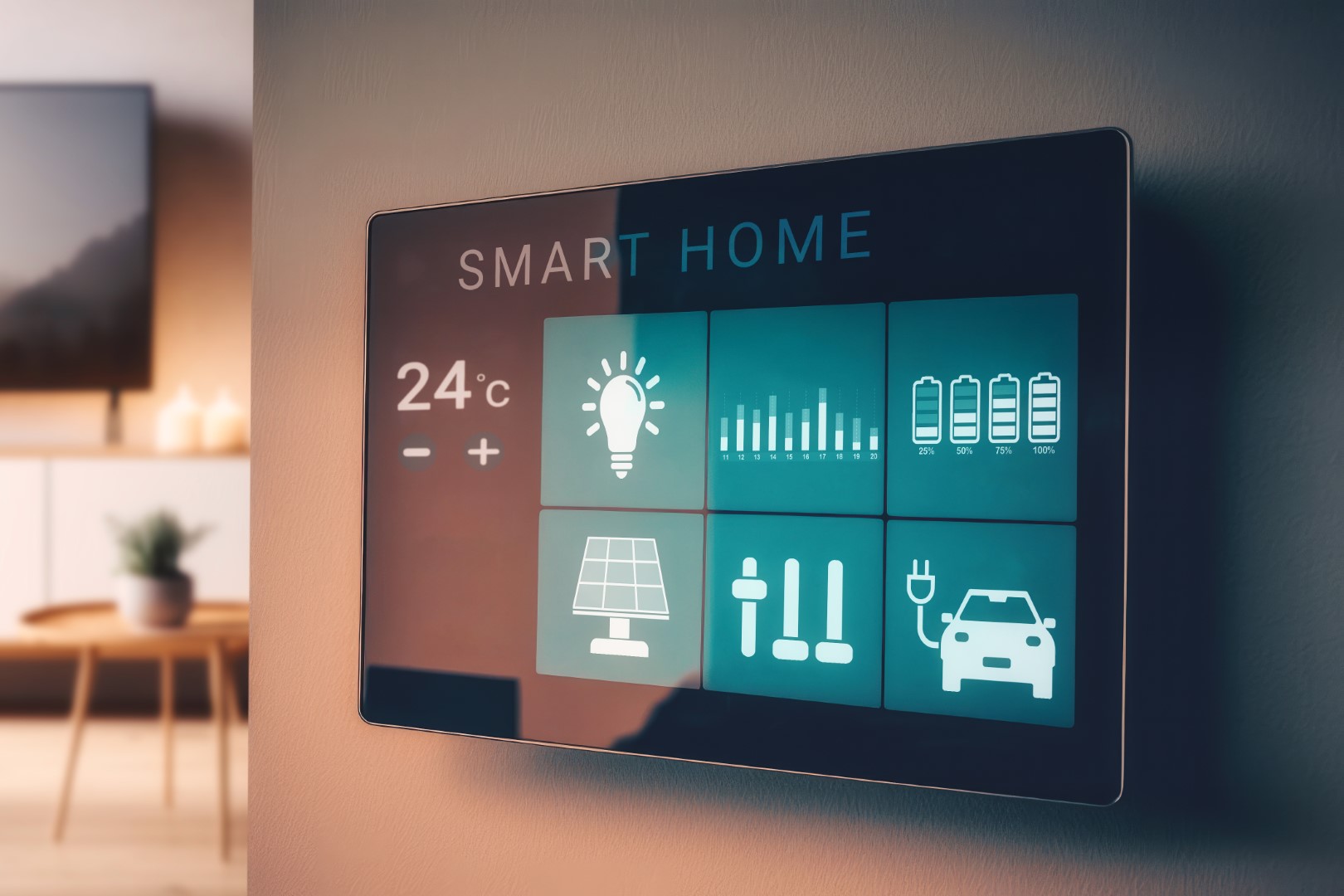The landscape of hospitality is undergoing a revolutionary transformation, driven by the advent of smart hotel technologies. In an era where efficiency and personalization are paramount, these innovations are necessities in crafting the ultimate guest experience.
At the heart of this shift is the integration of advanced digital solutions is at the heart of this change, transforming every aspect of a guest’s stay into a seamless, interactive journey. Smart hotels are redefining the norms of traditional hospitality, setting new standards for comfort and convenience.
The Rise of Smart Hotels
The emergence of smart hotels signifies a significant change in the hospitality sector, driven by a synergy of technology and customer-centric innovation. These contemporary havens are architecting experiences that are both effortless and exceptional.
At the forefront of this transformation is the integration of technologies like the Internet of Things (IoT), Artificial Intelligence (AI), and automated systems. From smart locks that offer secure, keyless room access to personalized climate control for the ultimate in-room comfort.
Guest interactions are being redefined as well. Smart hotels are employing technology to streamline services, either through digital concierge services or app-based controls for various room amenities. This technological integration ensures that each guest’s stay is uniquely tailored to their preferences.
The rise of smart hotels marks a new era in hospitality. An era where technology is a strategic asset in enhancing the guest experience.
Technology Behind Smart Hotels
The technological backbone of smart hotels is an impressive array of systems and tools, designed to optimize both operations and guest experiences. Central to this digital ecosystem are:
- Internet of Things (IoT): Enabling interconnected devices to communicate and respond to guest needs. This includes everything from sensor-activated lighting to smart thermostats adjusting room temperatures.
- Artificial Intelligence (AI): Deployed to personalize the guest experience. AI powers chatbots for efficient customer service and analyzes data to tailor recommendations, from dining to entertainment.
- Mobile Integration: Key in today’s digital-first world. Mobile apps allow guests to control room features, check-in, and even access services like room service and spa bookings, all from their smartphones.
- Automated Systems: These range from automated check-ins to robotic assistance for various services. Automation streamlines operations, reducing wait times and improving service quality.
These technologies, working in tandem, not only elevate the guest experience but also drive operational efficiency, making smart hotels not just a luxury but a forward-thinking choice in modern hospitality.

Benefits of Automated Services in Hotels
The integration of automated services in hotels, such as those found in hotels in Schiller Park, offers a multitude of benefits that are reshaping the hospitality landscape. These advantages include:
- Enhanced Efficiency: Automation speeds up services like check-in and room allocation, significantly reducing wait times for guests.
- Personalized Experiences: Automated systems analyze guest preferences to provide customized recommendations and services, making each stay unique.
- Cost-Effectiveness: Automation reduces the need for extensive manual labor, allowing for the redistribution of resources to other areas of service enhancement.
- Eco-Friendly Operations: Smart systems often lead to energy savings, aligning hotel operations with environmental sustainability goals.
Automated services in hotels thus represent a strategic shift towards more efficient, personalized, and sustainable operations, setting a new benchmark in guest satisfaction.
Challenges and Solutions
In the context of advanced hotel technologies, challenges are inevitable, but with strategic solutions, they can be effectively managed. Key challenges include:
- Data Security: Implementing comprehensive cybersecurity protocols to safeguard guest information.
- Technological Discrepancies: Providing user-friendly interfaces and personal assistance to accommodate all levels of tech proficiency.
- Initial Investment: Balancing the upfront costs with the long-term benefits of enhanced guest experiences and operational efficiencies.
- Maintenance and Updates: Ensuring continuous, timely updates and maintenance of technological systems to avoid disruptions.
- Staff Training: Investing in thorough staff training to ensure seamless integration and operation of new technologies.
- Guest Privacy Concerns: Addressing privacy issues related to data collection and IoT devices to maintain guest trust.
Addressing these challenges is essential to maintain their edge in the evolving hospitality sector.
Future Trends in Smart Hospitality
Smart hospitality is poised to witness further advancements in the near future. Emerging trends include augmented and virtual reality experiences for guests, offering immersive previews of rooms and amenities.
Voice-activated controls are set to become more prevalent, offering even more personalized room settings. Additionally, big data analytics will play a key role in understanding guest preferences, enabling hotels to offer even more tailored services.
These innovations signify a leap towards a more interactive, intuitive, and immersive guest experience in the hospitality sector.
Concluding Thoughts
The advent of smart hotels marks a significant milestone in the evolution of hospitality. These hotels are setting new benchmarks in efficiency, personalization, and sustainability.
The emphasis on guest-centric, tech-driven services is poised to reshape the future of travel and accommodation. This journey towards a smarter, more responsive hospitality experience is not just a trend, but a forward-looking approach to meeting the dynamic needs of modern travelers.
Discover more from Futurist Architecture
Subscribe to get the latest posts sent to your email.



